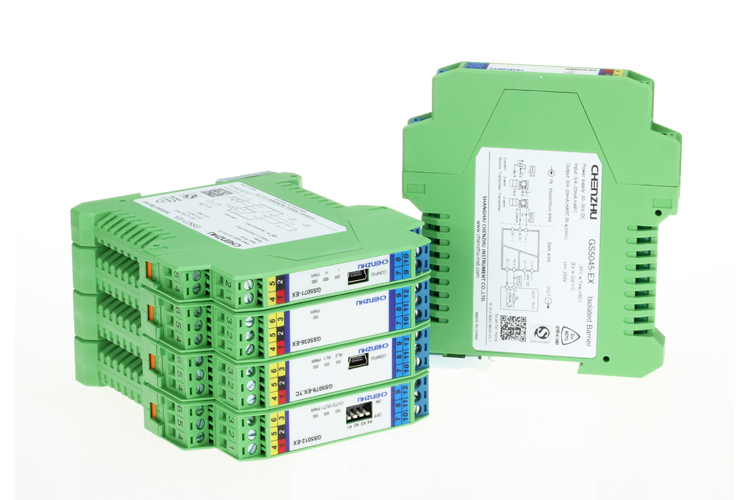In industrial environments, communication and interaction between various devices and systems is critical. However, these interactions are often affected by a variety of electromagnetic interference and signal clashes. To address these issues, CHENZHU signal barrier was created and are playing an increasingly important role in modern industrial environments. Below, we will explore four key benefits of using signal barrier in industrial environments.
The primary benefit of signal barrier is their ability to improve signal quality and stability. In industrial environments, communication between devices is often affected by electromagnetic noise, radio frequency interference and other environmental factors. These interferences can cause distortion, attenuation or even complete loss of signals, which can affect the normal operation of equipment. Through the use of signal barrier, this sources of interference can be effectively isolated and shielded to ensure that the signal remains clear and stable during transmission, improving the reliability and accuracy of communication.
In addition to the impact on equipment communication, electromagnetic radiation may also pose a potential threat to human health. In industrial environments, some high-power equipment produces strong electromagnetic radiation during operation. Prolonged exposure to this radiation may adversely affect the health of workers. Signal barrier can effectively reduce the leakage and diffusion of electromagnetic radiation and reduce the intensity of radiation, thus mitigating the potential threat to workers' health.

In an industrial environment, the layout of equipment and space utilization is a very important consideration. Traditional signal isolation methods often require the occupation of a large amount of space, and may involve complex wiring work. Signal barrier, on the other hand, is compact and lightweight, and can be easily installed between or around equipment to achieve signal isolation and shielding. This not only optimizes the layout and space utilization of the equipment, but also reduces the cost of installation and maintenance.
In industrial environments, system safety and reliability are critical. By using signal barrier, unauthorized access and interference can be effectively prevented, and the system can be protected from malicious attacks and damage. At the same time, signal barrier can also improve the fault tolerance and stability of the system, ensuring that in the event of a fault or anomaly, the system can quickly recover and continue to operate normally. This is of great significance for ensuring the continuity and safety of industrial production.
In conclusion, the use of signal barrier in industrial environments has many advantages. They can not only improve the quality and stability of the signal, reduce the impact of electromagnetic radiation on the human body, optimize the layout of equipment and space utilization, but also enhance the safety and reliability of the system. With the continuous development and progress of industrial technology, it is believed that signal barrier will play a more important role in the future industrial environment.